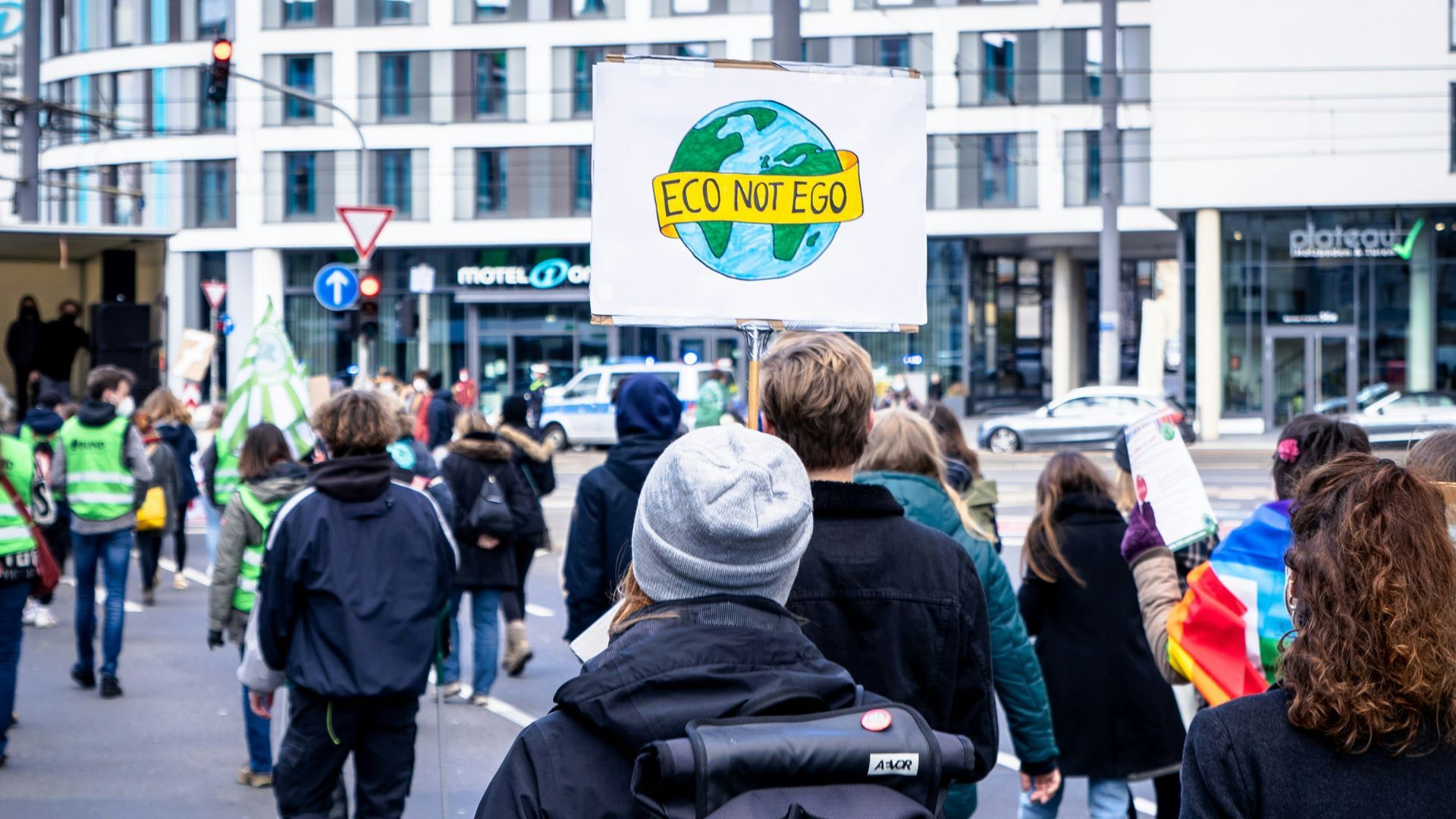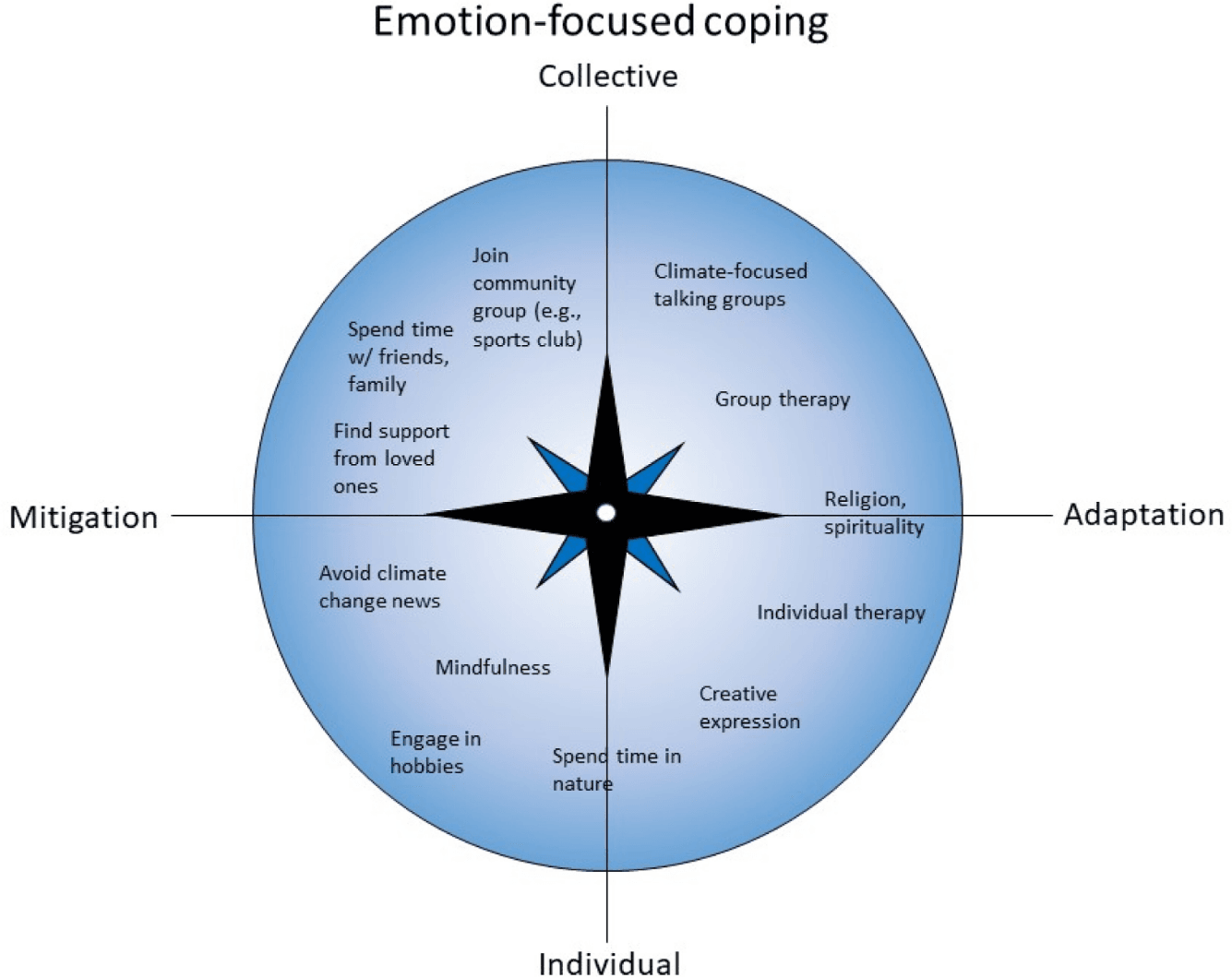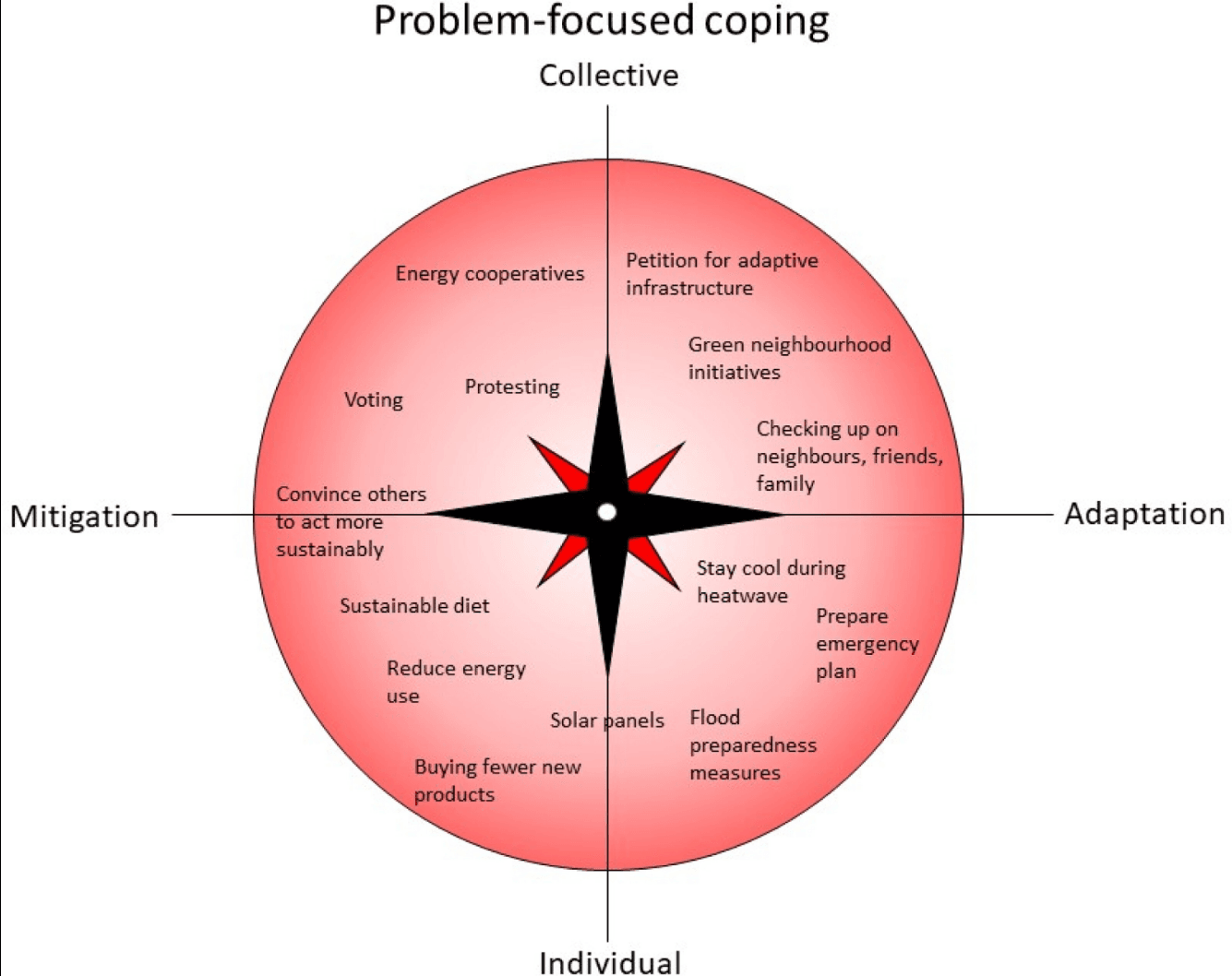How to cope with climate anxiety, according to experts and studies
By Mat Richter
Have you ever felt an impending sense of doom about climate-fueled disasters? Think of working tirelessly to build your future, only for it to be taken away by a warming world. These feelings of chronic worry and distress about climate change are known as “climate anxiety” as experts argue.
Climate anxiety is most felt by young people, first responders to climate-intensified weather events, and climate scientists and activists often exposed to the threat, a study by the US National Library of Medicine noted. But paying attention to climate issues is healthier than denying or ignoring them, the Handbook of Climate Psychology by the Climate Psychology Alliance in UK stressed.
As the youth inherit the planet, it’s vital to assess how we can turn panic into purpose. Here are some ways experts and studies think you can go about climate anxiety.

Worry as motivator
Climate anxiety concerns many Filipinos due to our country's susceptibility to climate change impacts, such as severe typhoons and rising sea levels, said Rodolfo Romarate II, managing partner at environmental consulting firm EnviSynergy.
“A crucial element in managing this anxiety involves integrating awareness, action, and community support into our everyday routines. This entails recognizing the reality of climate change and its related anxieties while embracing our ability to effect change through sustainable practices,” he advised.
"Climate anxiety" Google searches rose by 565 percent in 2021 from the previous year, which helps to evidence people's collective fear of the looming peril brought by the crisis. But worry can act as a motivator and prompt individuals to take action when concerned about something, Yale researchers in the US suggested.
“We actually need more people to be worried about climate change. Where worry becomes a problem is when it becomes overwhelming and debilitating, when it keeps you from living your life. That’s when it’s a serious diagnosis,” they said.

To turn anxiety into proactive measures, Romarate highlighted Filipinos must embody the spirit of bayanihan by consciously minimizing our carbon footprint through careful consumption, conserving energy and water, and supporting local sustainable initiatives. This in turn fosters empowerment and control.
“Staying well-informed while setting healthy boundaries with media consumption, and drawing on our cultural values of simplicity and community, enables the average Filipino to turn climate anxiety into a driving force for positive change,” he emphasized.
It’s also crucial to reach out to leaders and “urge them to enact comprehensive policies that address climate change at a systemic level” to further strengthen our climate resilience.
Meanwhile, a 2021 study by England's University of Bath, which included Filipino respondents, revealed "more than half felt afraid, sad, anxious, angry, powerless, helpless, and/or guilty" about the crisis.
Six typhoons hit the Philippines in just 30 days in late 2024, which is rare and has created an atmosphere of anxiety among Filipinos, particularly the youth, said Ludwig Federigan, director at Climate Tracker Asia Inc.
“As the global climate crisis continues to instill fear, every Filipino must embrace ‘emotional resilience.’ This can be achieved by acknowledging and validating feelings of anxiety, reframing negativity to focus on solutions, resilience, and collective action, and practicing mindfulness through self-care, meditation, and stress management,” he expressed.
We must maintain a sense of positivity, Federigan urged, to strengthen our resolve by deepening our understanding of the climate crisis and motivating us to create solutions to adapt to or mitigate its impacts.
"When we adopt a positive outlook, we believe that solutions exist for problems, both large and small. With a positive mindset, we can elevate ourselves beyond our current situation," he added.
How to cope further

Be it climate anxiety or a simple environmental worry, researchers suggest having multiple coping strategies would benefit the youth, environmental practitioners, and others grappling with the mental toll of climate change.
Focusing on action-oriented solutions (problem-focused coping), building resilience through finding purpose (meaning-focused coping), and seeking social support in safe spaces away from overwhelming climate information (emotion-focused coping) can help improve well-being when dealing with climate anxiety, a study published by University of Leeds' Sustainability Research Institute in England noted.
Mindfulness meditation can ease anxiety by shifting focus from distressing thoughts to the present moment, while participating in collective action can boost hope and a sense of shared responsibility in tackling the climate crisis, research by the US National Institutes of Health found.
“By connecting with individuals who share our concerns, advocating for eco-friendly policies, and prioritizing adaptation strategies, we can further strengthen our resilience,” Romarate said.
On an individual level, sharing concerns with trusted friends, a therapist, or a support group can help, as well as aligning your lifestyle with your values by reducing flights, joining protests, or advocating for climate change awareness, a paper at Harvard Health Publishing in the US suggested.
“Through staying informed, educating ourselves, and connecting with others, we shift from being passive observers to active contributors in fostering a more sustainable and resilient future. In doing so, we motivate those around us to partake in this initiative,” he added.
Coping with climate anxiety and joining sustainability-focused communities work in tandem, as one fuels the other. It’s easy to feel crushed by the overwhelming weight of a warming world, but worry by its nature acknowledges an issue must be addressed, in this case environmental, which can be a tool to urge people to act now and tame man-made climate change.